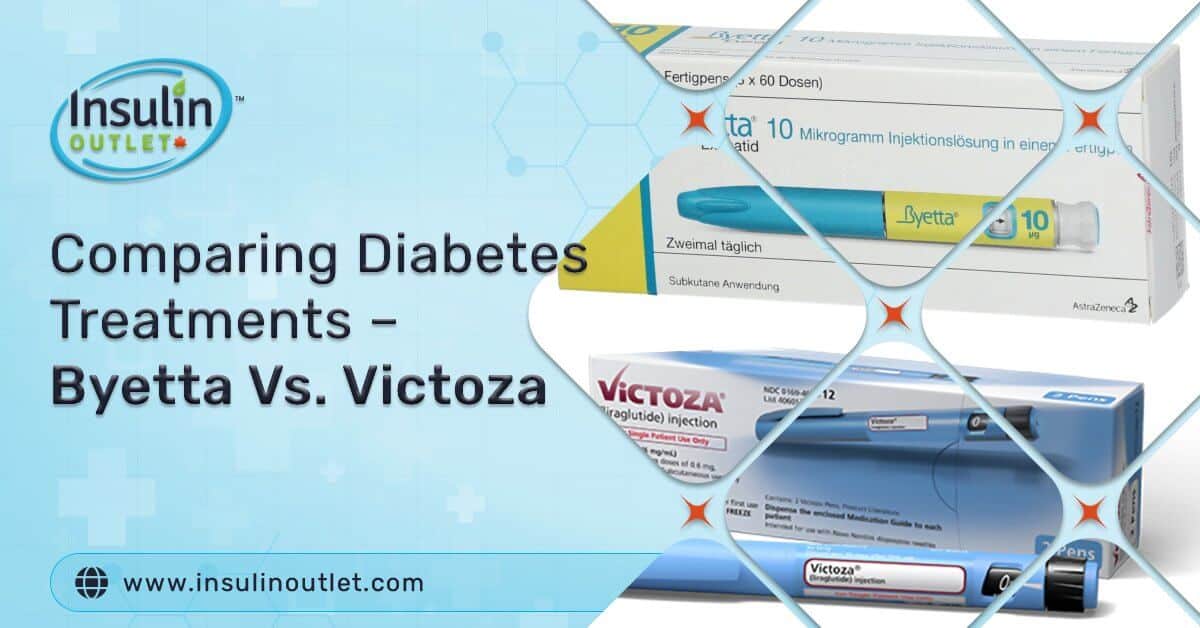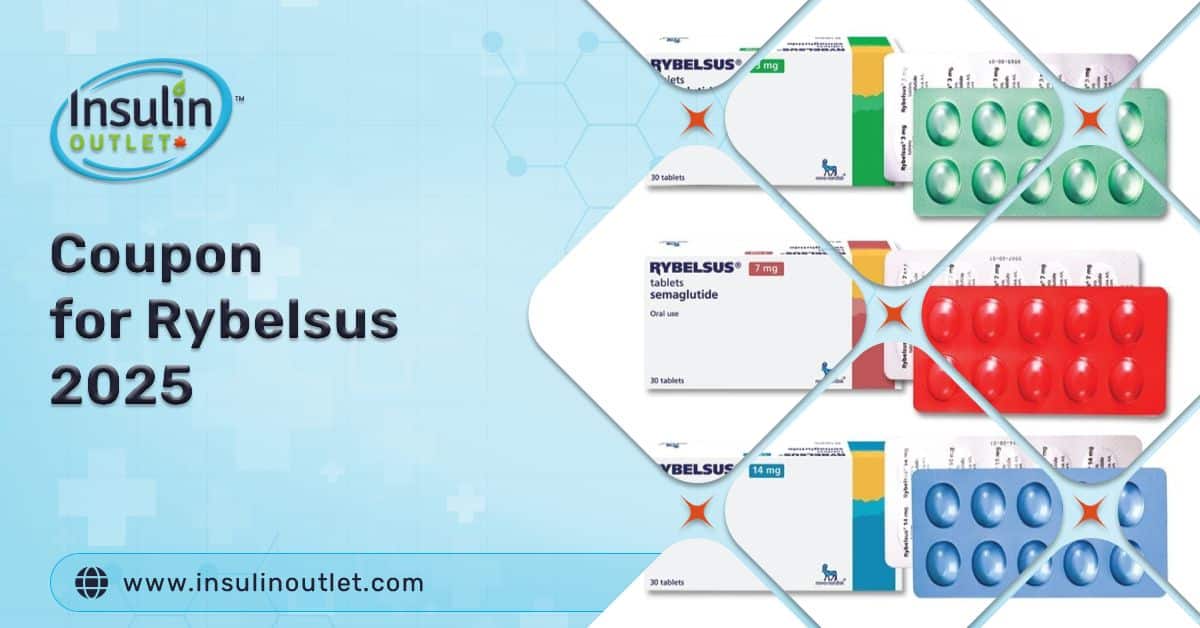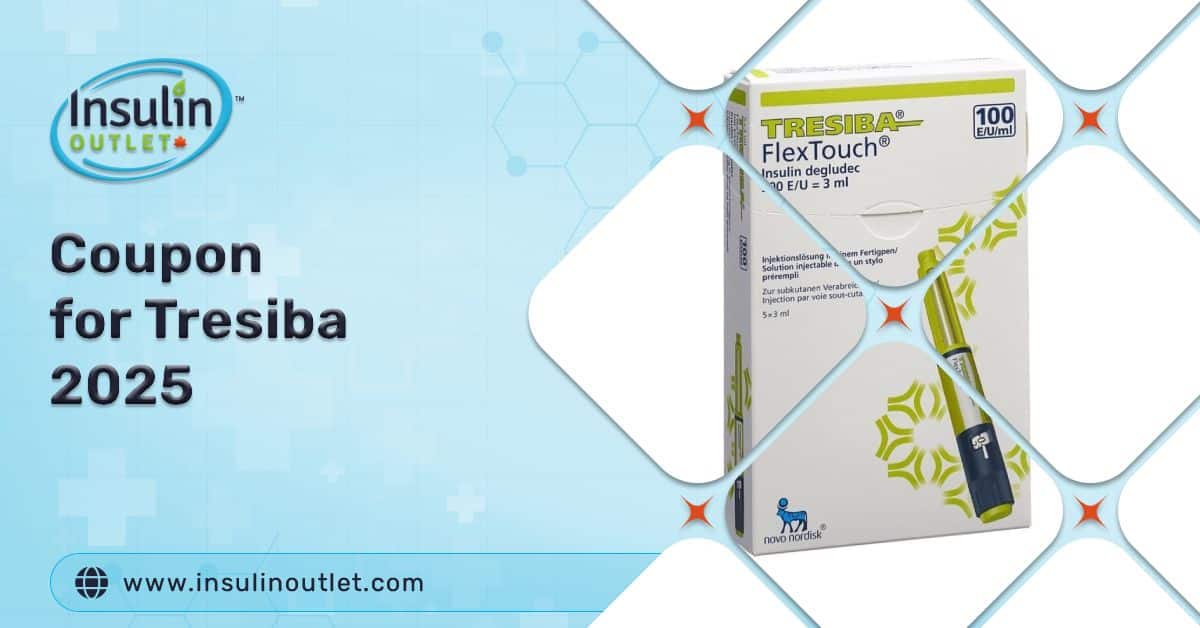
Byetta and Victoza are therapeutic alternatives for patients with diabetes.
Byetta is a brand-name injection that manages high blood sugar levels in adults with type 2 diabetes. Its active ingredient is exenatide, which belongs to the glucagon-like peptide-1 (GLP-1) agonist drug class. This drug is most effective when used in combination with a structured diet and exercise.
In general, patients will take Byetta along with other medications such as metformin and sulfonylurea. Byetta demonstrated impressive results in clinical trials.
As of now, Byetta is solely available as a brand-name medication and does not have a generic counterpart. The active ingredient (exenatide) is also found in an extended-release format under the brand name Bydureon BCise.
Byetta is administered via a prefilled injection pen, which is very convenient for patients. There are two available strengths:
- 5 micrograms (mcg) per dose.
- 10 mcg per dose.
Each pen contains 60 doses for continued use.
Typically, the initial dosage of Byetta is 5 mcg, and it is injected twice daily. The best time to administer this drug is briefly before your meals. However, you can still be a little flexible with the dosing schedule as long as there’s a six-hour interval between meals. After the fourth week of usage, a dosage adjustment to 10 mcg twice daily might be considered based on the individual’s response to the medication.
In this article, we will cover everything you need to know about Byetta and Victoza, including their health benefits, side effects, and how each drug is different from the other.
What are the side effects of Byetta?
Byetta (exenatide) can cause various side effects that could be benign or serious. Common adverse reactions that are reported with Byetta include nausea and dizziness during the initial treatment period. Typically, the nausea subsides over time.
Mild side effects include:
- Gastrointestinal symptoms (e.g., indigestion, vomiting, diarrhea, constipation).
- Weight loss due to decreased appetite. The degree of weight loss may not be as pronounced compared to lipolysis that’s induced by Victoza.
Serious side effects are rare and entail:
- Hypoglycemia.
- Pancreatitis.
- Gallbladder disease.
- Allergic reactions that manifest as skin rash, itching, swelling, and difficulty breathing.
Patients should be very careful if they have a history of digestive disorders, pancreatitis, gallbladder disease, or allergies to the medication or its constituents. Alcohol consumption may influence blood sugar levels and should be moderated while on Byetta. You see, alcohol reduces blood sugar levels. Therefore, if someone who consumes large amounts of alcohol takes Byetta, they may be at risk of hypoglycemia.
Pregnant or breastfeeding individuals should consult their healthcare provider about the safety of Byetta use in these circumstances. This is important because there is limited data about its effects on this group of patients.
What is Victoza?
Victoza is another popular drug for type 2 diabetes. It serves two purposes – The management of blood sugar levels and the reduction of the risk of cardiovascular disease in adults. It’s important to note that Victoza is not intended for use in type 1 diabetes. Additionally, it shouldn’t be taken with other drugs (e.g., liraglutide).
Victoza is administered as a solution via an injection pen. It also belongs to the glucagon-like peptide-1 receptor agonist class of drugs. What’s more, Victoza is not currently available in generic form.
Many people wonder whether Victoza is appropriate for weight loss. Although there is some evidence that this drug is effective in weight loss, it is not officially approved for this purpose. With that said, patients should not take Victoza for the sole purpose of weight loss.
Victoza works via several mechanisms:
- Activation of the glucagon-like peptide-1 receptor to stimulate insulin release,
- Reduction of glucagon release to regulate blood sugar levels,
- Slowdown of gastric emptying to induce feelings of satiety.
Despite its relatively long half-life (approximately 52 to 65 hours), the therapeutic effects of Victoza do not persist for this entire duration.
To properly store Victoza pens, you need to place them in the fridge until use. Once you take the pens out of the fridge, the pens will be viable at room temperature for up to 30 days. Just make sure to avoid the exposure of the pen to severe heat or sunlight.
In certain cases, Victoza may be prescribed off-label for polycystic ovarian syndrome (PCOS), especially to manage weight loss along with other symptoms of PCOS. However, many healthcare professionals prefer to prescribe Victoza with metformin to manage PCOS.
What are the side effects of Victoza?
Among the more common side effects that users report are:
- Headaches,
- Nausea and vomiting,
- Diarrhea or constipation,
- Symptoms of indigestion,
- Anorexia (i.e., loss of appetite),
- Hypoglycemia.
The prevalence of these side effects varies greatly. However, headaches seem to be the most commonly reported side effect. Although these effects may diminish over time or with dosage adjustments, patients should consult their healthcare providers if the side effects persist or intensify.
More serious adverse reactions are possible too. These include gallbladder disease (characterized by symptoms like abdominal pain, nausea, vomiting, fever, diarrhea, and jaundice) and kidney problems (indicated by reduced urination, swelling, drowsiness, confusion, shortness of breath, and nausea).
Pancreatitis is another side effect. It’s a severe inflammatory disease that presents with intense abdominal pain, upset stomach, nausea, vomiting, bloating, and fever.
Finally, some rare instances may present with severe allergic reactions or the potential risk of thyroid cancer.
Note that children who take Victoza may be at a higher risk of hypoglycemia compared to adults. Therefore, vigilance is highly recommended for parents or caregivers who take care of children who take Victoza.
What’s important to remember is that any concerning or persistent symptoms should prompt immediate medical consultation.
Byetta Vs Victoza – Differences and Similarities
Many people think that Byetta and Victoza are therapeutic equivalents. This means that these drugs provide identical clinical benefits and outcomes. However, there may be some subtle differences between these two drugs.
Let’s go through some similarities and differences of Byetta Victoza:
Byetta Vs Victoza – Mechanism of Action
Exenatide is a glucagon-like peptide-1 (GLP-1) agonist. It stimulates insulin secretion and reduces glucagon release, which regulates blood sugar levels. The slowdown of gastric emptying also induces feelings of satiety.
Liraglutide is also a GLP-1 analog that mimics natural GLP-1. Similar to Exenatide, it stimulates insulin secretion and delays gastric emptying, which lowers blood glucose levels. However, it may play a bigger role in the management of weight compared to Exenatide.
Victoza Vs Byetta – Dosage and Administration
Byetta is typically administered twice daily. The initial dose is 5 mcg per injection. After four weeks, the dosage may increase to 10 mcg twice daily based on the patient’s response.
On the other hand, Victoza is injected subcutaneously once daily. The starting dose is 0.6 mg daily for the first week. After that, the dose increases to 1.2 mg daily. Further dosage adjustments to 1.8 mg daily may be made based on individual glucose goals.
Indications
The indications of Victoza vs Byetta are very similar. Byetta is mainly indicated to manage blood sugar levels in adults with type 2 diabetes. It is not approved for use in weight loss (unlike Ozempic). In addition to its role in the control of blood sugar levels in type 2 diabetes, Victoza is also licensed for weight management in adults. This makes Victoza a bit different from Byetta.
Clinical Trials and Safety Profile
Clinical trials for Byetta have demonstrated its efficacy in the reduction of hemoglobin A1c levels and promotion of weight loss in patients with type 2 diabetes. This drug is very safe. However, it may cause some side effects, such as nausea and vomiting. Additionally, patients with a history of medullary thyroid carcinoma should contact their doctor before they take this drug.
Liraglutide was also studied extensively in clinical trials such as the Liraglutide Effect and Action in Diabetes (LEAD) series. The findings of this clinical trial found that Liraglutide improves glycemic control and facilitates weight loss. Adverse effects are somewhat similar to Byetta. Patients with a history of multiple endocrine neoplasia syndrome type 2 should contact their doctor before they take this drug.
In the LEAD 2 trial, liraglutide was compared with rosiglitazone and placebo. It demonstrated its efficacy in glycemic control. However, further studies are necessary to explain the differences in efficacy and safety between liraglutide and exenatide in the treatment of type 2 diabetes.
The Bottom Line
Byetta (Exenatide) and Victoza (Liraglutide) belong to the same class of medications and share similarities in their mechanisms of action and therapeutic indications for type 2 diabetes management. However, they have differences in dosage and administration, indications, and clinical trial outcomes. Byetta is administered twice daily and mainly indicated for post-prandial blood sugar management, whereas Victoza is injected once daily and holds dual indications for both glycemic control and weight management.
Share:












